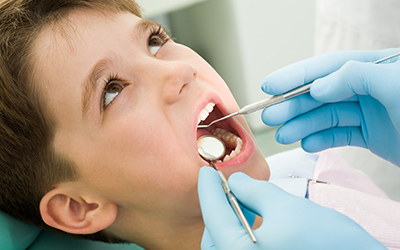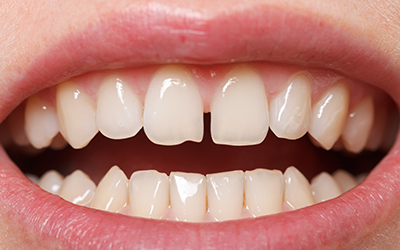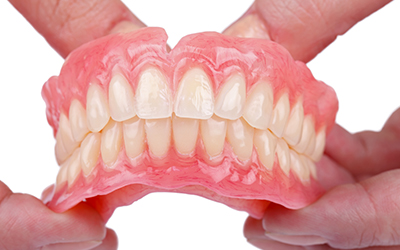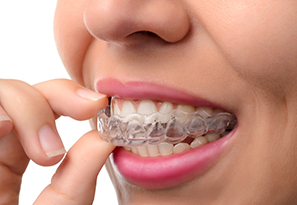Posted on Feb 25, 2019
(720) 638-6114
Mon & Fri: 8-2; Tue-Thurs: 9-5

Reasons for Wisdom Tooth Removal
A+ A- A Main Content
Wisdom Teeth Removal
No rule says that every person has to have his or her wisdom tooth removed, but there are a few situations in which removal will be required for healthy teeth. These situations are:
- Fully Impacted – If a wisdom tooth is impacted, this means that the tooth is being entirely covered by gum tissue, preventing it from erupting properly. Impaction could lead to the possibility of infection, meaning the tooth will need to be extracted.
- Partially Impacted – If a wisdom tooth is partially impacted, this means that the tooth is being partially covered by the gum tissue. This still includes the possibility of infection, meaning that partially impacted teeth will also need to be extracted.
Other common causes for wisdom tooth removal include:
- Gum disease
- Severe tooth decay
- Pain around the wisdom teeth
- Chronic infections around the wisdom teeth
- Tumors or cysts
Wisdom teeth are also frequently removed prior to receiving orthodontic treatment. This is because the eruption of the wisdom teeth can cause straightened teeth to shift back into their original positions.
For more information about your child’s wisdom teeth and why they may need to be removed, please contact Little Rockies Pediatric Dentistry here in Parker, Colorado.
Our Location
Hours:
Monday & Friday: 8:00 AM - 2:00 PM
Tues, Wed, Thurs: 9:00 AM - 5:00PM
Closed: Select Mondays and Fridays




















